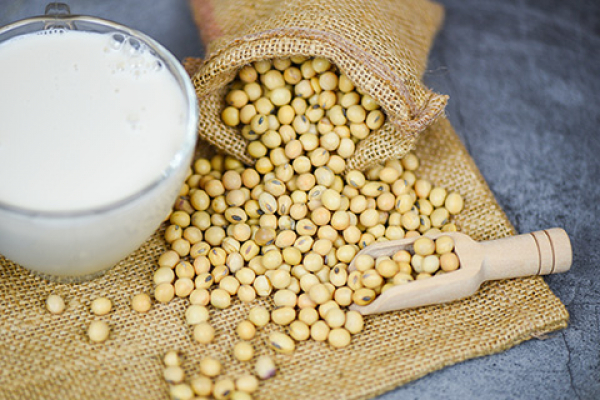
The Universidad Internacional Iberoamericana (International Iberoamerican University, UNIB) researcher, Dr. Raquel Martínez Díaz, collaborated in a study on the effects of isoflavones on vascular health and the role of the intestinal microbiota in isoflavone metabolism.
Oxidative stress and inflammation are responsible for altering the endothelial balance, leading to its dysfunction, and impairing the cardiometabolic system in general. This imbalance is the main reason for the development of cardiovascular diseases (CVDs) and related vascular and metabolic disorders, such as obesity, diabetes, hypertension, dyslipidemia, and other atherosclerotic vascular diseases.
Genetic, environmental, and lifestyle aspects, such as diet, play a key role in the development of cardiovascular diseases. It is suggested that diets rich in plant foods greatly reduce the risk of vascular diseases. One of the mechanisms of this effect is considered to be the content of polyphenols, which are natural compounds that have properties related to their chemical composition and may have effects on human health.
Isoflavones, also defined as phytoestrogens and present mainly in soybeans and soy-based foods, are a group of polyphenols that possess a chemical structure like estradiol and have effects on the human body through interaction with estrogen receptors. Several studies have shown that the intake of isoflavones can reduce menopausal symptoms, decrease the incidence of certain types of cancer, such as breast and prostate cancer, and improve bone health.
However, isoflavones are metabolized by intestinal cells and gut microbiota to produce more bioavailable and active metabolites, such as equol, which has a stronger estrogenic effect than isoflavones alone. However, not all individuals can convert isoflavones into equol due to genetic and geographical factors. This shows the need to further study the composition of the intestinal microbiota and the differences between equol producers and non-producers to understand other potential variables involved in the ability to metabolize isoflavones.
If you want to know more about this fascinating study, click here.
For further research, check the UNIB repository.
Finally, the Universidad Internacional Iberoamericana (UNIB) offers the Master in Naturopathic Sciences. A program focused on preparing people with a solid background in naturopathy.